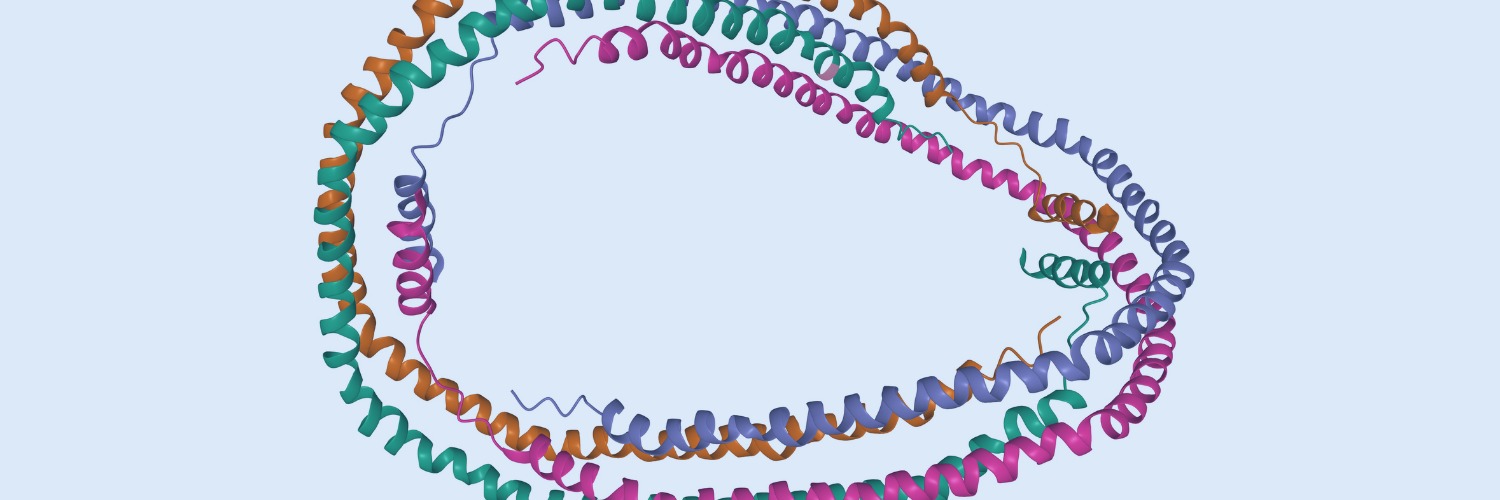Research in preclinical models indicates that estrogens are neuroprotective and positively impact cognitive aging. However, clinical data are equivocal as to the benefits of menopausal estrogen therapy to the brain and cognition. Pre-existing cardiometabolic disease may modulate mechanisms by which estrogens act, potentially reducing or reversing protections they provide against cognitive decline. In the current review we propose mechanisms by which cardiometabolic disease may alter estrogen effects, including both alterations in actions directly on brain memory systems and actions on cardiometabolic systems, which in turn impact brain memory systems. Consideration of mechanisms by which estrogen administration can exert differential effects dependent upon health phenotype is consistent with the move towards precision or personalized medicine, which aims to determine which treatment interventions will work for which individuals. Understanding effects of estrogens in both healthy and unhealthy models of aging is critical to optimizing the translational link between preclinical and clinical research.Copyright © 2023. Published by Elsevier Inc.















